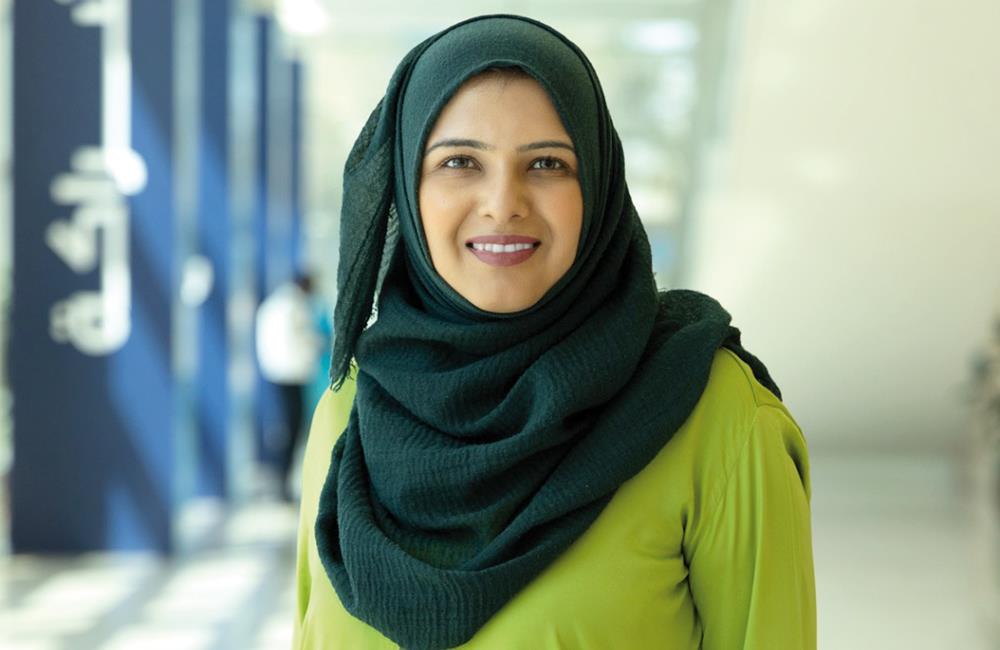(MENAFN- The Peninsula) The Peninsula
Doha, Qatar: Hamad Bin Khalifa University occasionally draws the attention of individuals who have already made a notable contribution to society. One such individual is Sabika Shaban (pictured), whose remarkable efforts in aiding Qatar's disability community have gained global recognition.
Qatar Disability Resource (QADR) a platform established by Shaban has reached more than 1, 500 members from various stakeholder groups within a short span of time. It is open to all stakeholders in the country's disability community, but especially aims to support families raising children with disabilities.
As a mother of two children with disabilities Shaban fully understands the importance of receiving appropriate professional and community support. She learned this through the hundreds of hours she has spent in hospital waiting rooms and clinics around the world, often witnessing at first hand the frustrations of fellow parents unable to obtain vital information and resources for their children. In response, Sabika established QADR to ensure that all citizens and residents of Qatar can access services that positively impact the lives of people with disabilities, as well as their carers and healthcare providers.
Beyond providing practical advice, the platform also instils a sense of community among members from all walks of life that share a common bond. In doing so, QADR acts as a personal space for asking questions, sharing experiences, and providing emotional support for anyone struggling with the unique challenges of raising and supporting children with disabilities.
Sabika's decision to study Master of Arts in Islam and Global Affairs at HBKU came at a critical juncture for QADR and her professional development. She chose the College of Islamic Studies' (CIS) program for its versatility and opportunities to use its modules to explore disability issues from a variety of angles.
Sabika found the Integrative Lab (i-Lab) course particularly influential as it made her question what she exactly wanted to achieve with QADR. Was it simply to connect stakeholders or could the platform have even more impact?
The answer initially came in the shape of a rebranding and plans for an online repository of information designed for and informed by Qatar's disability community in an effort to make information transparent and accessible. She was further motivated by the belief that human connection is vital for everyone embarked on a disability journey.
These very connections, and the conversations that rooted from them, are what inspired Sabika's choice of dissertation topic, which explores critical gaps in Qatar's disability infrastructure and quantifies the extraordinary costs of raising a child with a disability in Qatar. Sabika balanced her studies with work on the QADR platform and her role as the CIS' Academic Journals and Publications Specialist. While combining all three was undoubtedly challenging, being part of HBKU's rich and evolving research ecosystem was a price worth paying. The community that Sabika has inspired and supported through the creation of QADR has not gone unnoticed within and beyond Qatar.



















Comments
No comment